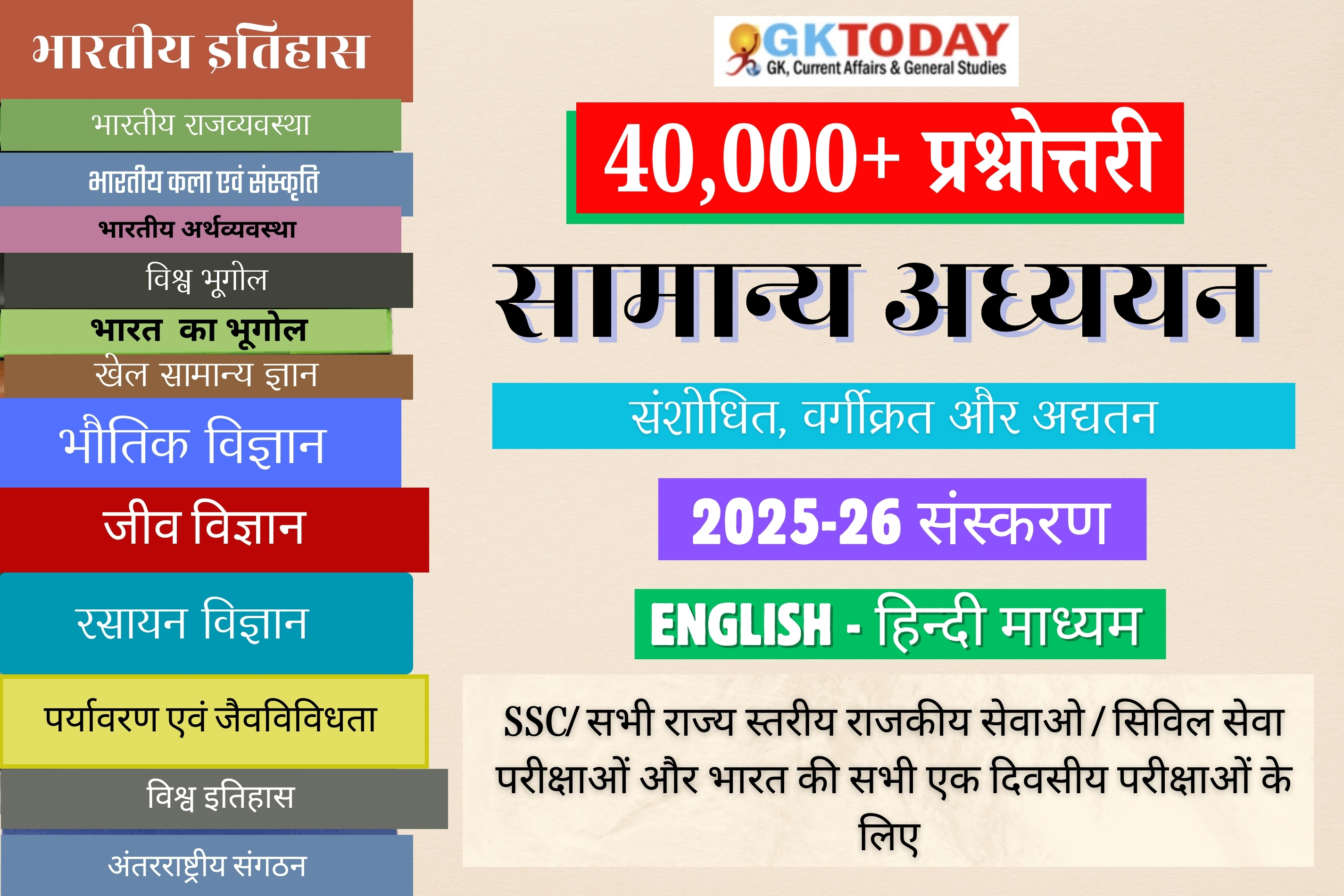World History MCQs
World History Multiple Choice Quiz Questions (MCQs) on Ancient World History, Medieval World History and Modern World History for various UPSC, PCS and other Competitive Examinations.
1. Which among the following date in world history is known as D-day, a date also known as of Operation Neptune and Operation Overlord ?
[A] 3 March 1943
[B] 6 March 1943
[C] 6 June 1944
[D] 6 June 1945
Show Answer
Correct Answer: C [6 June 1944]
Notes:
The correct answer is 6 June 1944. This date is known as D-Day, marking the Allied invasion of Normandy during World War II. Operation Neptune was the naval component of the larger Operation Overlord, which aimed to liberate Western Europe from Nazi occupation. D-Day involved the largest amphibious assault in history, with over 156,000 troops landing on five beachheads in Normandy. The success of this operation was pivotal in turning the tide of the war in favor of the Allies.
2. Which of the following country was annexed into the Greater Germany by Nazi regime through Anschluss?
[A] Austria
[B] Poland
[C] Italy
[D] Liechtenstein
Show Answer
Correct Answer: A [Austria]
Notes:
Austria was annexed into Nazi Germany in 1938, an event known as the Anschluss. The annexation lasted until 1945, when the Allied Powers removed Austria from the Third German Reich. The provisional Austrian government, led by Karl Renner, declared the country’s independence after the fall of the Third Reich.
3. Who among the following wrote “The Communist Manifesto” along with Karl Marx?
[A] Emile Durkheim
[B] Friedrich Engeles
[C] Robert Owen
[D] Max Weber
Show Answer
Correct Answer: B [Friedrich Engeles]
Notes:
On February 21, 1848, The Communist Manifesto, written by Karl Marx with the assistance of Friedrich Engels, is published in London by a group of German-born revolutionary socialists known as the Communist League.
4. Which nation’s army unit was the “Caravan of Death”?
[A] Iraq
[B] Libya
[C] Chile
[D] Cuba
Show Answer
Correct Answer: C [Chile]
Notes:
The Caravan of Death was the Chilean army death squad during the 1970s. It was largely in action following the Chilean Coup of 1973. This death squad targeted the country’s communist and opposition leaders. This death squad was sanctioned by the then ruler of Chile Augusto Pinochet.
5. The “1989 Tiananmen Square Protests” happened in which nation?
[A] Japan
[B] North Korea
[C] South Korea
[D] China
Show Answer
Correct Answer: D [China]
Notes:
The “1989 Tiananmen Square Protests” happened in China. It is also known as the June Fourth Incident. This protests happened in Tiananmen Square of Beijing. The protest’s major goals were to end the corruption of the Communist Party of China; to bring democratic reforms such as freedom of the press, freedom of speech, freedom of association and to bring economic-free market reforms in China. But, these protests were brutally suppressed by the Chinese Government which lead to the Tiananmen Square Massacre.
6. The upper part of Mesopotamia was known as __:
[A] Assyria
[B] Akkad
[C] Babylon
[D] Sumer
Show Answer
Correct Answer: A [Assyria]
Notes:
Some of the major Mesopotamian civilizations include the Sumerian, Assyrian, Akkadian, and Babylonian civilizations. The upper part of Mesopotamia was known as Assyria whereas the lower part was called Babylon which consisted of Sumer and Akkad. The Mesopotamian civilization flourished almost at the same time as the Egyptian civilization.
7. The Shang dynasty ruled during which of the following period?
[A] 1046-256 BC
[B] 1600-1050 BC
[C] 221-206 BC
[D] 206 BCE-220 AD
Show Answer
Correct Answer: B [1600-1050 BC]
Notes:
The Shang dynasty is the earliest recorded Chinese dynasty supported by archaeological evidence. The Shang dynasty ruled china from 1600 B. C. to 1050 B. C. Under the Shang dynasty, there were advances in maths, astronomy, art, and military technology.
8. Which of the following codified laws of the Greeks?
[A] Draco
[B] Solon
[C] Pisistratus
[D] Cleisthenes
Show Answer
Correct Answer: A [Draco]
Notes:
Draco codified laws of the Greek Civilization whereas Solon introduced reforms in the economy and in political affairs. Pisistratus introduced land reforms whereas Cleisthenes put into practice the idea of Ostracism.
9. Which of the following was the first Roman emperor?
[A] Julian
[B] Augustus
[C] Tiberius
[D] Epicurus
Show Answer
Correct Answer: B [Augustus]
Notes:
Augustus was the first Roman emperor. He was a Roman statesman and a military leader who became the first emperor of the Roman Empire. He reigned from 27 BC until his death in AD 14.
10. Rome fought the Punic Wars with which of the following?
[A] Alexandria
[B] Greeks
[C] Gauls
[D] Carthage
Show Answer
Correct Answer: D [Carthage]
Notes:
Rome fought the Punic Wars with Carthage. The Punic Wars were a series of three wars fought between 264 and 146 BC. The First Punic War broke out in Sicily in 264 BC.

